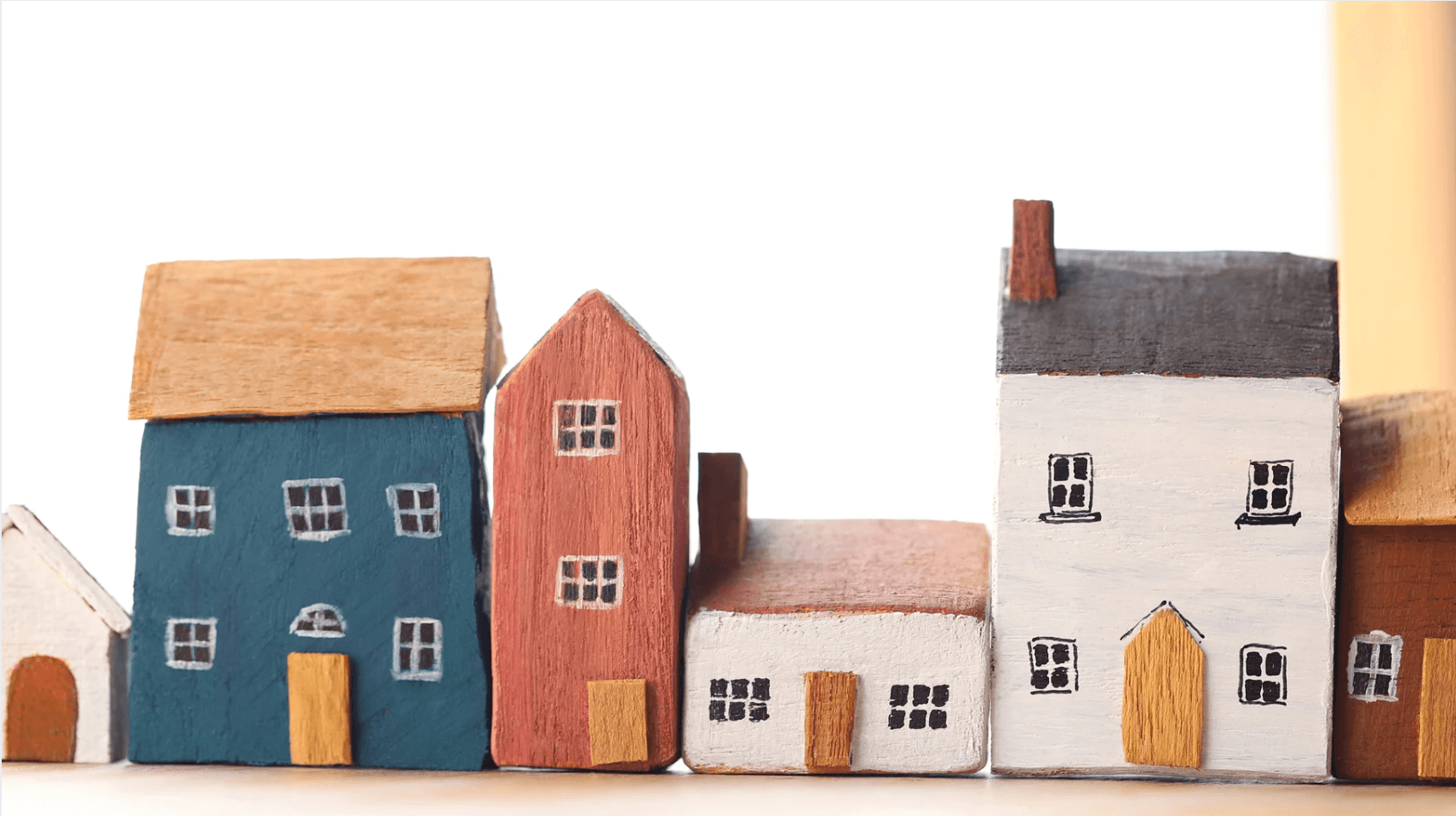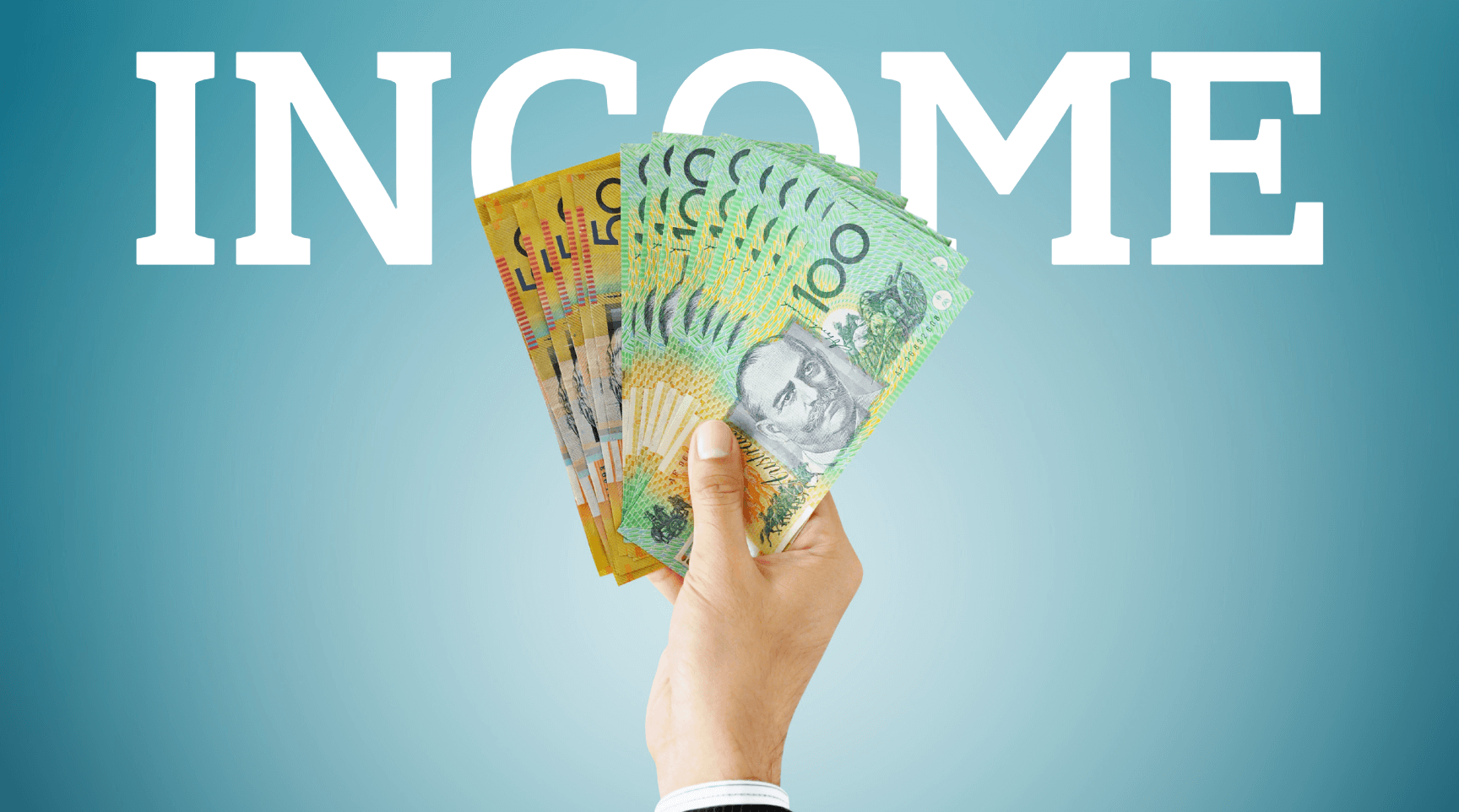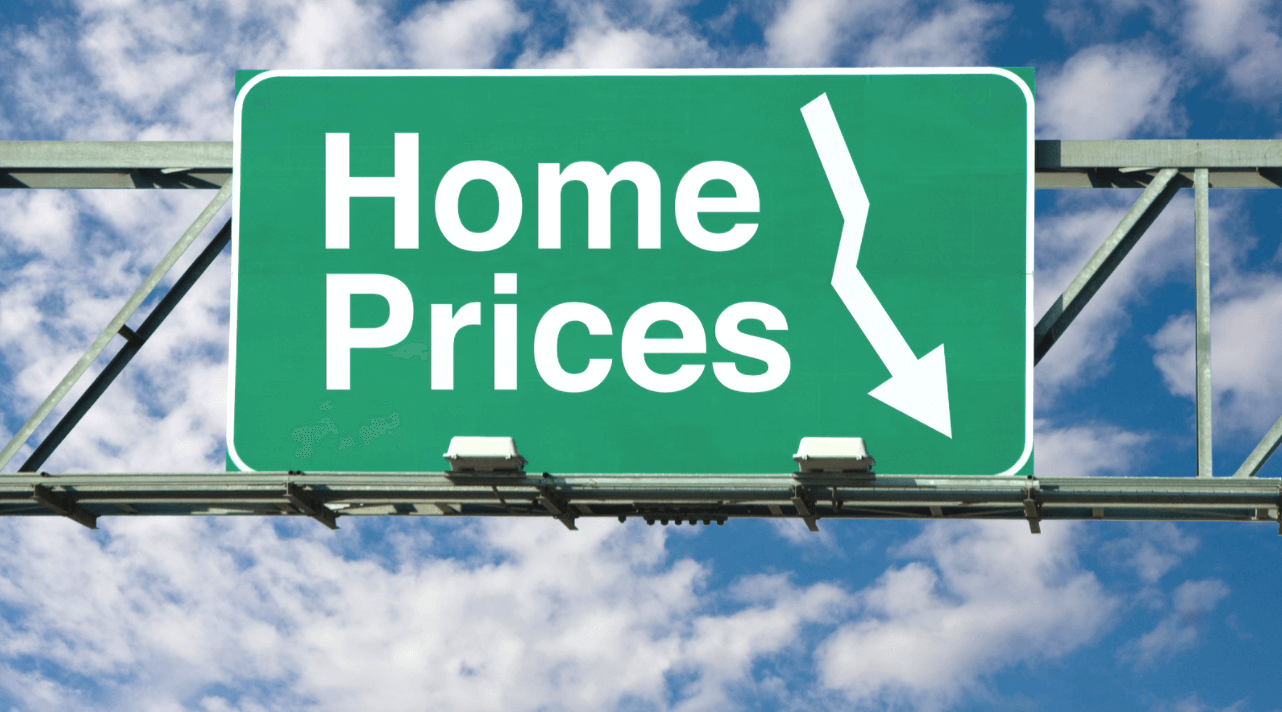When Is The Best Time To Buy A Property In A Pandemic
For many Australians, owning a property of their own is one of the most life-changing events on a bucket list, but when exactly is the right time to take the plunge in today’s uncertain environment?
While purchasing a new home is an exciting decision at the best of times, buying a home in Australia during a COVID-19 pandemic poses a complex challenge when navigating the best times to purchase. Interest rates may be low, but with the volatile property market, low job security and socioeconomic change, it might be wise to proceed with property hunting with caution.
Here are some essential tips to consider to figure out the best time to buy a property amidst a pandemic.
Understanding the COVID-19 Environment
While COVID-19 presents undeniable uncertainty in the property market, it shouldn’t put you off from buying a house completely. What it does mean is that you have to switch up your house hunting tactics and take several precautions. It’s imperative to step back and take a good look at how the current economy is doing and consider how it could change in the future. Property experts in real estate suggest the following:
- Assess your own situation: Examine whether you find yourself working in an industry that is currently affected by COVID-19 and the possibility of continued employment.
- In terms of finances, plan the worst: To put it into perspective, we don’t know when the pandemic will end. So when times get tough, it’s important to have a financial buffer to the side that you can access when needed.
- Seek advice: We’ve been hearing the word ‘unprecedented’ a few times throughout the pandemic. If you find yourself in doubt about heading into a long-term mortgage, then now is the time to have a chat with your financial advisor, and receive expert advice. Don’t go through your new property journey by yourself.
Consider Your Income Now & In The Future
Having a history of stable and continuous income is an absolute necessity. If you’re aware of an increase in salary from your employers in the future, then the better and less stressful it will be to pay off your mortgage. However, if you’ve taken a pay cut, swapped careers or even been let go from your previous job due to COVID-19, it may be advisable to hold off on purchasing a property.
As of 2020, CoreLogic has determined that Australians need an annual salary of at least $73,500 a year to purchase a property. The average Australian currently earns $80,000 a year at this time. However, this average doesn’t accurately reflect the cost of buying a home within in-demand locations, especially during this turbulent economic period. Refer to the tables below for the median property prices + salary required between the cities throughout Australia, according to The Australian Bureau of Statistics.
Please note: the following statistics refer to the following cohort.
- Currently single and has no dependents
- Has no dependents
- Puts down 20% deposit on a 25-year loan with an interest rate of 5.0% at an interest rate of 5.0 per cent (plus a buffer of 1.5 per cent)
- Devotes their after-tax income to loan repayments
Australia’s Affordable Cities
If you’re planning to purchase a property during the pandemic, the cities Hobart, Adelaide, Brisbane and Perth are definite ‘Wins’ for homebuyers. If you’re keen on greenery and moving across the Bass Strait, you will only need an average annual salary of $49,000 to purchase and finance a median-priced property in the city of Hobart!
| City | Median House Price | Salary Required |
| Hobart | $347,000 | $49,000 |
| Adelaide | $430,000 | $57,100 |
| Brisbane | $487,000 | $62,900 |
| Perth | $525,000 | $66,500 |
Australia’s More Expensive Cities
While the following cities are more expensive, purchasing a property in Canberra, Melbourne and Darwin aren’t completely off the table with median house prices reaching up to $620,000 in Melbourne and requiring an annual salary of $75,500 a year to meet mortgage repayments.
| City | Median House Price | Salary Required |
| Darwin | $585,000 | $72,500 |
| Canberra | $590,000 | $73,300 |
| Melbourne | $615,000 | $75,400 |
Sydney – Look elsewhere
As of 2020, major hub’s like Sydney is very much a renter’s market in the COVID-19 pandemic. If your salary is not in the six figures, you may have to hold off on purchasing for a little while longer. With house prices rising up to $1 million, homebuyers need to earn at last $106,000 to afford a median-priced home- more if they are looking to purchase in more desirable suburbs. Compared to the city of Hobart, a Sydney homebuyer will need to earn over $55,000 more just to afford a median-priced house.
| City | Median House Price | Salary Required |
| Sydney | $900,000 | $106,000 |
Don’t Try To Predict The Property Market
Unprecedented times calls for a reevaluation of trend forecasting. Purchasing a property in COVID-19 has its pros and cons, and one of the main cons we’ve encountered is the inability to predict the trends of the property market as per usual.
Australia isn’t one-housing marketing but a collection of micro-markets of states and territories, which the pandemic has affected at varying levels. Whether it’s the capital territory of Canberra or the arid state of Western Australia, each state and territory is strongly dependent on the economic makeup of their cities. Additionally, we are still unsure how long COVID-19 will last and whether the Government will continue to run stimulus grants to keep businesses runnings. Forecasting property price trends on a month to month basis is also an inaccurate system to pinpoint changes in the housing market as the market is continuously adapting to changes caused by the pandemic. All this leads to a significant lack of consumer confidence and a volatile property market.
Consider Future Life Changes & Circumstances
Our life goals and circumstances are ever-changing. Therefore, it’s important to reconsider your living circumstances to suit these changes. Whether these circumstances are pivotal catalysts to purchasing a property depends on the person. Rateseeker has categorised the following life stages where it is easier to buy a home:
Dual Income No Kids (DINK)
If you fall within the following category, you may have more breathing room to consider a new property purchase. According to the Australian Bureau of Statistics, the DINK population reached 606,000 people, which is 7% of all people aged 20-49 years old. With property investors growing younger, their research showed that their lack of dependents combined with their high combined-income proved that the DINK demographic was one of the easiest times to purchase a property.
Downsizing retirees
Most of the time when people ‘downsize’, it is often for financial reasons. Retirees or future retirees often fall within this category. By doing so, they can free up extra cash to purchase something smaller and less expensive to live in or serve as an investment. It also eases seniors for a smoother transition into retirement.
Looking to purchase an investment property amidst a pandemic? Our specialists can point you in the right direction and get you to your property purchase faster. With Rateseeker, we can compare rates and provide tailored home loans and interest rates that suit your unique situation, even in COVID-19. Contact a specialist today!
** General Advice Warning
The information provided on this website is general in nature only and it does not take into account your personal needs or circumstances into consideration. Before acting on any advice, you should consider whether the information is appropriate to your needs and where appropriate, seek professional advice in relation to legal, financial, taxation, mortgage or other advice.




